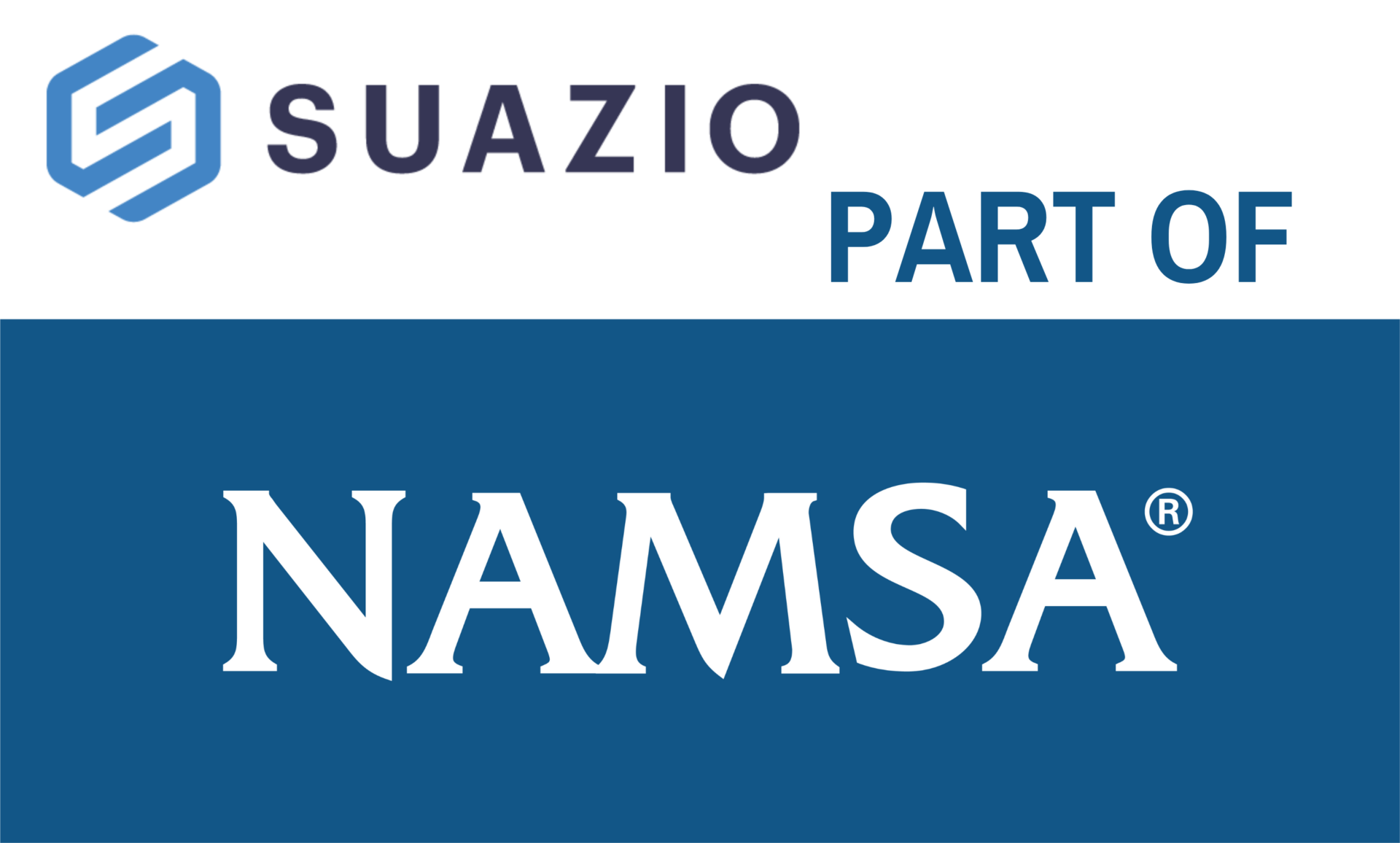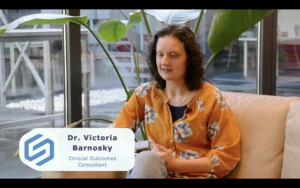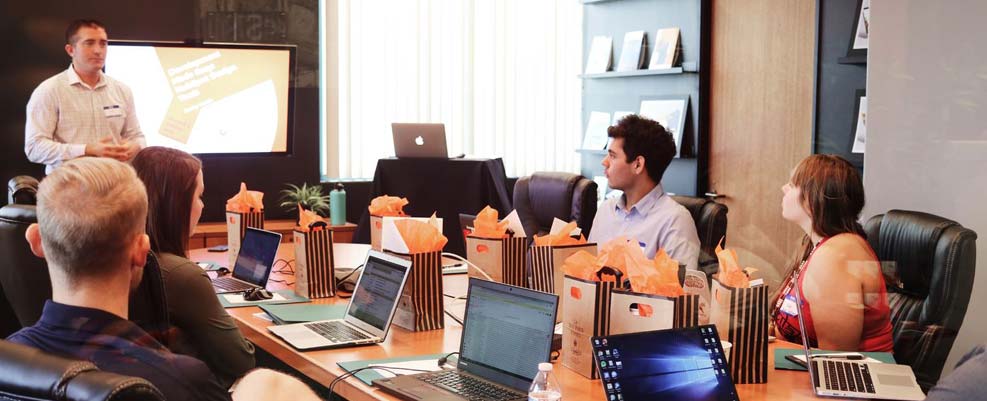suAzio consultant Alec Pettifer analyzed responses to a 2017 survey, wherein more than 1,200 Cystic Fibrosis patients and caregivers provided valuable insights, including their attitudes towards a new technology-based model of patient engagement with researchers and the pharmaceutical industry. Key survey results, which include insights regarding privacy, current record keeping, and many other critical topics, demonstrate untapped potential of these patients and caregivers, in partnership with researchers and industry, to effect rapid, positive change.
Below, we ask Alec a few questions regarding this study.
How do you see this research impacting the Cystic Fibrosis community?
The research findings highlight unmet needs in the cystic fibrosis community. Cystic fibrosis requires complex daily management by patients and their caregivers, yet only a small percentage use apps and/or software tools to capture and share data about their disease such as tests, treatments and symptoms. Over 80% of cystic fibrosis patients and caregivers feel using an app would be valuable and 96% want to share their collected data to help the community. The findings reveal a great opportunity to help rare disease patients and caregivers better manage their disease, collect valuable real-world data and share the data with industry and researchers to accelerate research and development toward improved outcomes.
As more and more are evolving into these new technology-based models of patient engagement, what advice would you give others who are looking to understand their patient communities better?
It’s interesting; on the one hand, we need real understanding of patient communities to foster effective engagement, and on the other we need enhanced engagement to better understand patients. So, truly worthwhile understanding requires more than just the insights we get from data, whether it comes from apps or other technology. Certainly, data can and does provide a wealth of insights, but it is not the whole story. Insights should include deeply personal stories that are often useful in explaining the data we see. App data can often tell us “what” happened, but we also need to better understand “why” to truly foster enhanced engagement. When we take a holistic approach like this, enhanced engagement, informed with greater understanding of patients themselves, can solve real problems.
Was there anything surprising in the findings to anyone?
Yes! It was surprising to see such high willingness to collect and share detailed data about treatments, routines, medications and symptoms. This is work, especially for cystic fibrosis patients and caregivers! In context of their attitudes toward data privacy and security, it is clear the risks are understood, but the potential for progress is also deemed worth the effort. These patients were also not shy to explain why they feel compensation for their data is only appropriate, even if we include charitable donations in one’s name as compensation. Collecting the data IS work and, as industry stands to benefit from having the data and resulting insights, patients believe that, as partners, they should also benefit in kind from the effort.
What can these findings potentially tell us about patients with other conditions?
Well, having worked in global patient insights for many years, I can tell you we still have a lot to learn from patients and caregivers worldwide in the age of digital health. These survey results are an enlightening example of one way to learn among many, many ways. It reminds us to take the “all of the above” approach to the methods we use to understand the voices of patients and caregivers on their journeys; to look at data coming from existing apps and solutions and blend it with survey results like these, interviews, ethnographies and other active (and passive) listening strategies. We are still discovering where apps are needed and what patient communities and other stakeholders want from them. It’s fascinating work and we are continuously learning from a wide variety of patient communities.
Click here to view the results from the survey.
To read more from suAzio, click here.



